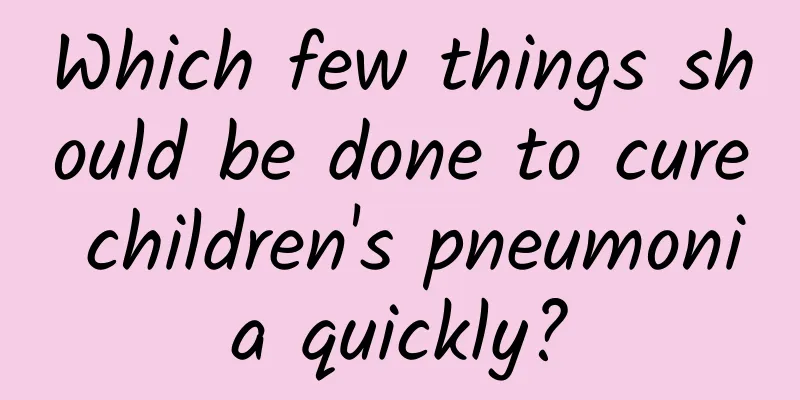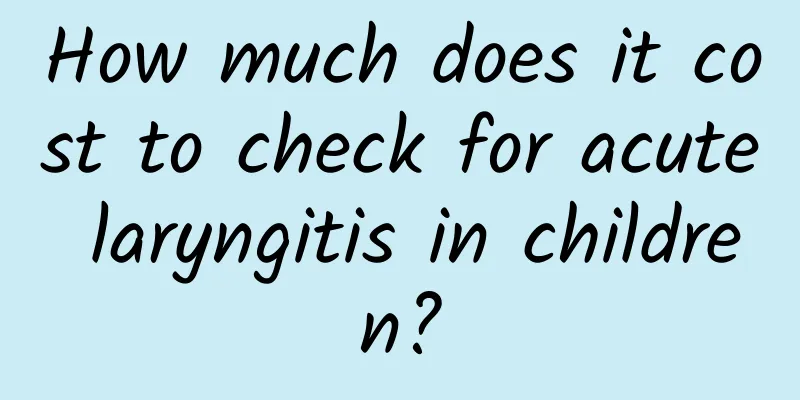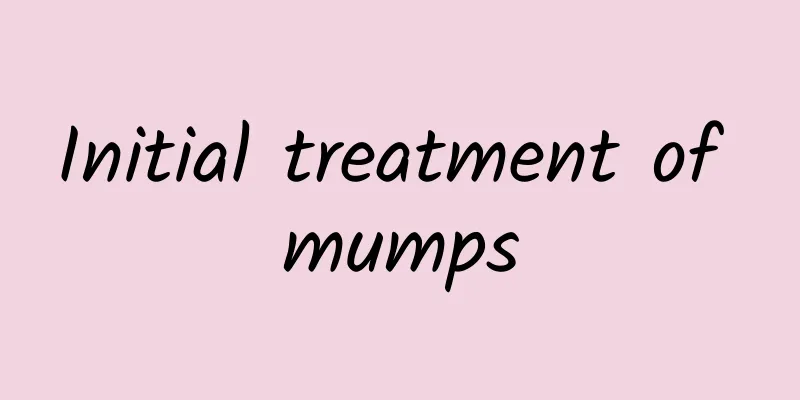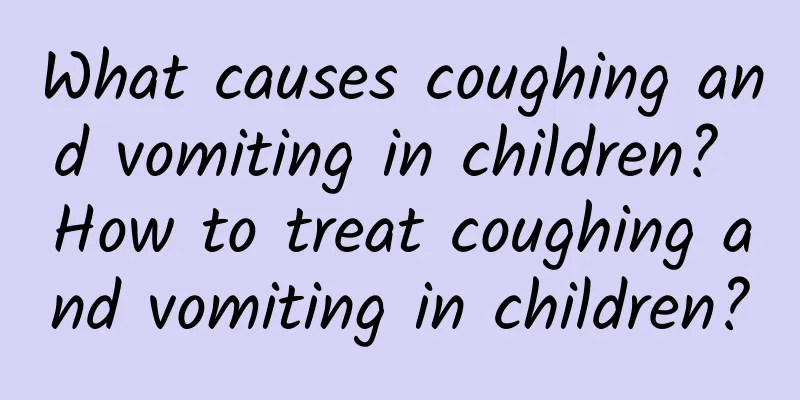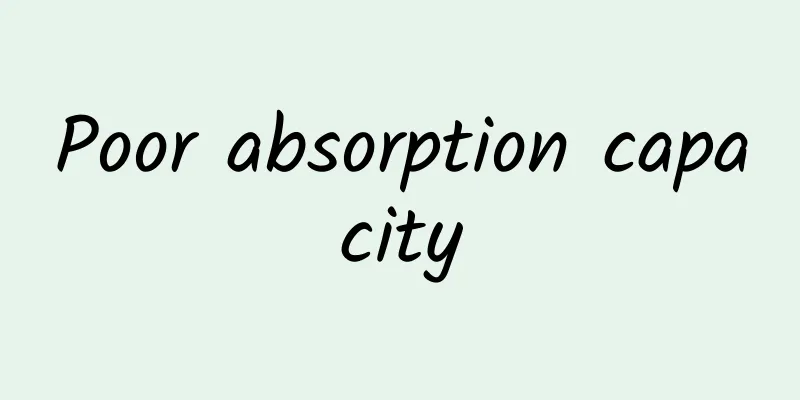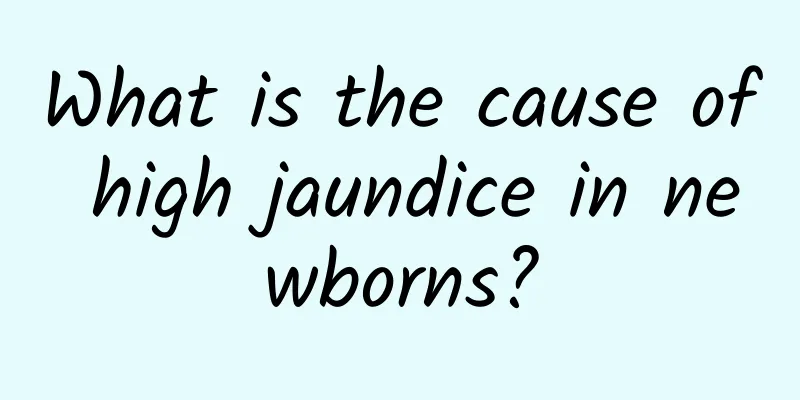What causes convulsions in children? Is it possible that convulsions in children are caused by congenital central nervous system malformations?
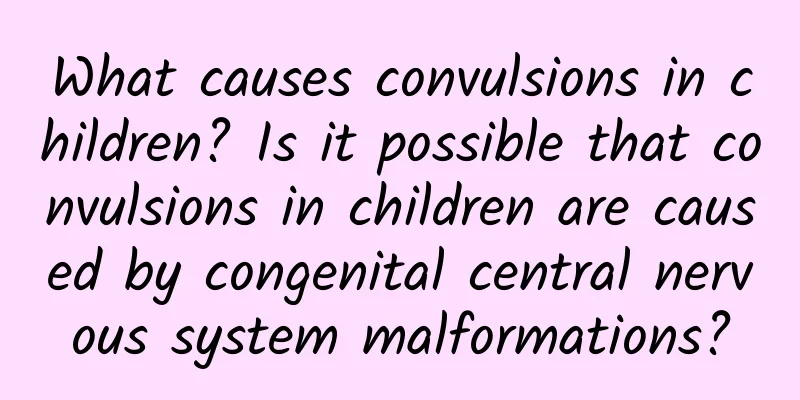
|
Children are more prone to convulsions. Every time they have an attack, parents are particularly worried and afraid. The most important thing at this time is to find out what caused it. In fact, there are many reasons for children's convulsions. The most common ones are intracranial hemorrhage caused by birth trauma, infection, hypocalcemia, hypoglycemia, vitamin B6 deficiency and congenital central nervous system malformation. Pediatric convulsions, also known as pediatric seizures, usually occur in children aged 1 to 3 years old. Although convulsions are short each time, if they occur frequently, they may lead to other serious diseases and must be taken seriously. So what causes convulsions in children? 1. Intracranial hemorrhage caused by birth trauma Intracranial hemorrhage caused by birth trauma is one of the common causes of convulsions in children. Most of the patients are full-term infants with a relatively large body weight. The main cause of the disease is difficult labor or a long delivery time, which causes physical damage to the child's head, thereby causing a subdural hemorrhage induced by tearing of the tentorium cerebelli or the falx cerebri. Intracranial hemorrhage caused by birth trauma usually occurs within 12 to 24 hours after birth, and the main symptom is convulsions. 2. Brain infection If a child is infected with certain diseases, he or she may also experience convulsions, such as purulent meningitis, tetanus, sepsis, etc. Most children are infected after birth, and the onset of the disease is one week after birth. The initial convulsions are relatively mild, and then they will become compulsory or even multifocal clonic. 3. Hypocalcemia If a child suffers from hypocalcemia, he or she may also experience convulsions. Some are early-onset, occurring within 1 to 3 days after birth; some are late-onset, occurring within 1 to 2 weeks after birth. 4. Hypoglycemia If a child suffers from hypoglycemia, it may also cause convulsions. Pediatric convulsions caused by hypoglycemia usually occur within three days after birth. 5. Vitamin B6 deficiency Vitamin B6 deficiency is a disease caused by insufficient intake or poor absorption of vitamin B6. If a child suffers from this disease, he or she may experience symptoms of convulsions. 6. Congenital central nervous system malformations Congenital central nervous system malformations can also cause childhood convulsions. The more common diseases in this category are hydrocephalus, microcephaly and cerebral hypoplasia. |
>>: How to treat children's cough? What are the causes of children's cough?
Recommend
What medicine can cure pneumonia and bronchitis in children quickly?
The treatment drugs for pneumonia and bronchitis ...
The difference between herpangina and hand, foot and mouth disease. Is herpangina hand, foot and mouth disease?
Herpetic pharyngitis is an acute infectious phary...
What should not be eaten with leeks? What are the precautions for leeks?
Don't eat leeks with beef. Putting these two ...
Regular examination methods for pneumonia in children
Diseases such as neonatal pneumonia may endanger ...
How to cure acute laryngitis in children
Acute laryngitis in children is often secondary t...
What is the difference between baby herpetic pharyngitis and hand, foot and mouth disease?
Although baby herpetic pharyngitis and hand, foot...
Things to pay attention to in the middle stage of children's kidney disease
Kidney disease is an extremely terrible disease t...
How to bask in the sun when your baby has jaundice
In life, many newborns will suffer from jaundice ...
What are the hazards of icteric hepatitis to patients?
What are the hazards of icteric hepatitis to pati...
Effective folk remedies for treating neonatal jaundice
Effective folk remedies for treating neonatal jau...
How to care for children with pneumonia How to determine whether a child has pneumonia
Babies may suffer from respiratory diseases, mild...
Detailed explanation of the common hazards of phenylketonuria
Do you know the common hazards of phenylketonuria...
When is the best time to take ADHD medication?
ADHD is the abbreviation of attention deficit hyp...
Can Kawasaki disease be cured by traditional Chinese medicine?
For some diseases, traditional Chinese medicine t...
How is jaundice hepatitis caused? Is it serious?
Icteric hepatitis may be caused by virus infectio...

